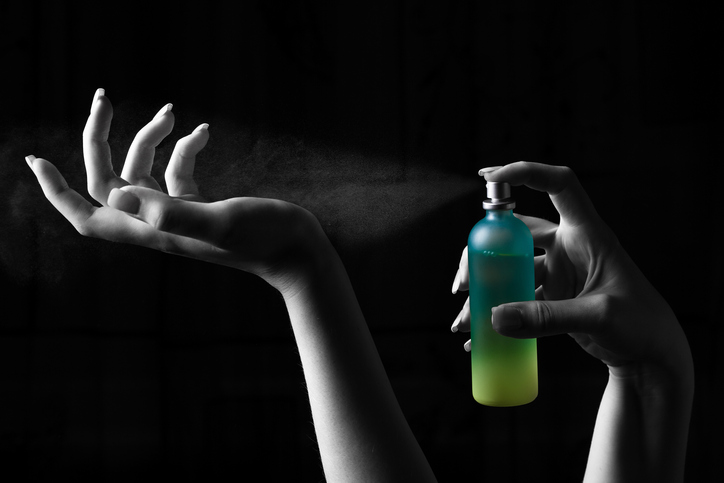Fragrance Ingredients About To Become Public

WASHINGTON – For decades, federal regulations have let companies use the word “fragrance” on soap, shampoo, skincare and other personal care product labels to hide the identity of multiple chemicals, many of them linked to allergies or other health effects. For the most part, personal care product companies and fragrance manufacturers have resisted calls for disclosure, and “fragrance” has remained a black box for hundreds of chemicals in thousands of everyday products.
But in a major move today that could dramatically alter the personal care and fragrance markets, industry giant Unilever announced a bold new initiative to provide detailed information on fragrance ingredients for all products in its multibillion-dollar portfolio of personal care brands, including Dove, Noxzema, Lever 2000 and NEXXUS.
It is an unprecedented leap toward transparency for a major company and a landmark win for consumers’ right to know, said EWG President and Co-Founder Ken Cook. EWG is the leading independent source of information on the health and safety of personal care products through its Skin Deep® cosmetics database.
“Unilever’s action is a game-changer for transparency in the personal care product market, and we expect other major companies to follow suit,” said Cook.
Unilever shared details of its market-changing new policy with EWG experts prior to its announcement. The transparency initiative will provide to customers:
- Fragrance ingredient disclosure through SmartLabelTM. This year, Unilever will start to voluntarily expand its product ingredient lists available through SmartLabel™ to include the fragrance ingredients in a product’s formulation above 0.01 percent (100 parts per million). Unilever aims to complete the SmartLabel™ updates by the end of 2018.
- What’s in our products section on UnileverUSA.com. Unilever is launching a new webpage that will provide additional product information, including the company’s approach to developing safe products, explanations of ingredient types, answers to common questions and access to SmartLabel™.
Unilever will label fragrance allergens to European Union standards across its full range of personal care products on the U.S. market, where such disclosures are not currently required by the government. The driving reason for the disclosures, company officials said, is their commitment to being as transparent as possible.
“This is an enormous win for consumers’ right to know,” said Cook.
“With this impressive display of leadership, Unilever has broken open the black box of fragrance chemicals and raised the bar for transparency across the entire personal care products industry – and beyond,” he said. “It may not happen overnight, but Unilever’s watershed actions will place enormous pressure on the rest of the market to respond and make it very difficult for other companies to continue to shield their fragrance ingredients from consumers.”
“I applaud Unilever for its bold decision to give consumers more information about fragrance chemicals that are ubiquitous in personal care products,” Cook added. “Fragrance chemicals ultimately end up in and on the bodies of virtually everyone who uses personal care products, including babies. I hope today’s decision by Unilever will prompt similar action by other companies in the personal care market and beyond.”
EWG has spent more than a decade urging the cosmetics industry, cleaning products manufacturers and other consumer goods companies to disclose information about fragrance ingredients. Every year, tens of millions of consumers consult EWG’s online guides to consumer product ingredients for personal care products (Skin Deep), cleaning products (EWG’s Guide to Healthy Cleaning), groceries (Food Scores) and produce (the Dirty Dozen Guide to Pesticides in Produce™).
